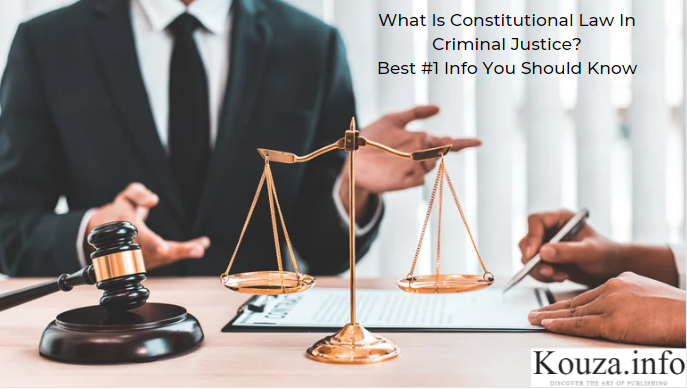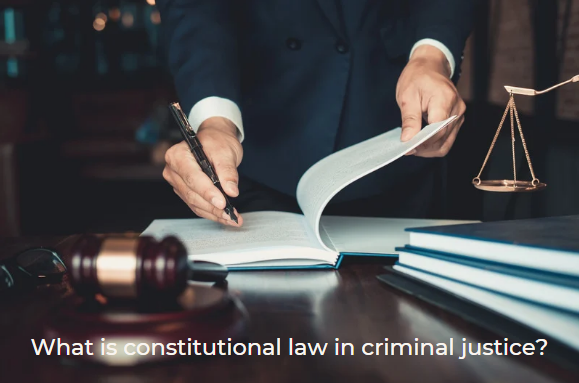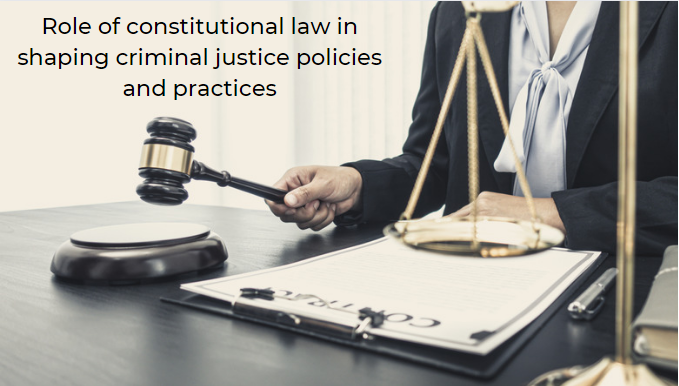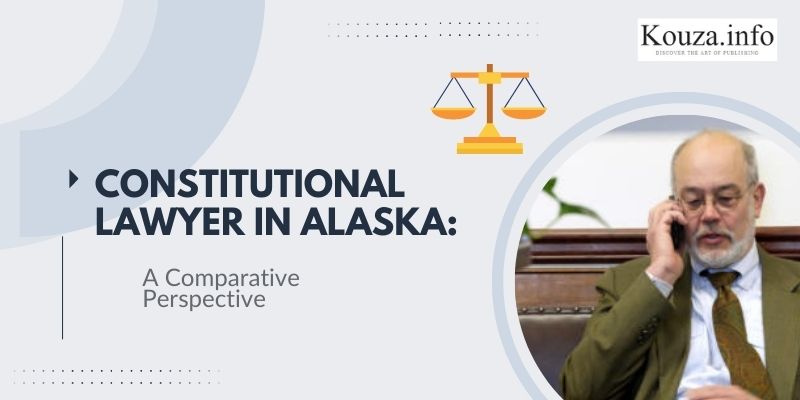What Is Constitutional Law In Criminal Justice? Best #1 Info You Should Know

Constitutional law is a crucial aspect of criminal justice that governs the relationship between the government and its citizens. It provides a framework for how the government can exercise its power to ensure that individual rights and freedoms are protected. This topic’s knowledge is of great significance as it is essential for understanding the principles that underpin the criminal justice system in the United States.Therefore, let explore What is constitutional law in criminal justice? with kouza.info right now.
1. What is constitutional law in criminal justice?

What is constitutional law in criminal justice? Constitutional law in criminal justice refers to the principles and rules derived from the United States Constitution that apply to the criminal justice system. The Constitution sets out the fundamental rights of citizens and limits the power of the government to infringe on those rights. These rights include the right to a fair trial, the right to due process, and the right to be free from unreasonable searches and seizures.
In the context of criminal justice, constitutional law plays a critical role in safeguarding the rights of the accused and ensuring that law enforcement officers do not overstep their authority. For example, the Fourth Amendment to the Constitution prohibits unreasonable searches and seizures, which means that law enforcement officers must have a warrant or probable cause before conducting a search. The Fifth Amendment guarantees the right to due process, which means that defendants have the right to a fair trial and cannot be deprived of life, liberty, or property without due process of law.
One of the most important aspects of constitutional law in criminal justice is the concept of “incorporation.” This means that the protections of the Constitution, including the Bill of Rights, apply not only to actions of the federal government but also to actions of state and local governments. This ensures that individuals are protected from abuses of power by all levels of government.
In addition to the Bill of Rights, other provisions of the Constitution also play a role in criminal justice. For example, the Sixth Amendment guarantees the right to a speedy and public trial, the right to an impartial jury, and the right to confront witnesses. The Eighth Amendment prohibits excessive bail and fines and cruel and unusual punishment.
In summary, What is constitutional law in criminal justice? constitutional law in criminal justice refers to the principles and rules derived from the United States Constitution that apply to the criminal justice system. It sets out the fundamental rights of citizens and limits the power of the government to infringe on those rights. Constitutional law plays a critical role in safeguarding the rights of the accused and ensuring that law enforcement officers do not overstep their authority.
2. Role of constitutional law in shaping criminal justice policies and practices

After solving the question What is constitutional law in criminal justice? Let’s learn about its role!. Constitutional law plays a significant role in shaping criminal justice policies and practices in the United States. The Constitution provides a framework for the government to protect individual rights and liberties, including those of people accused of crimes. This framework influences the development of criminal justice policies and practices at every level, from law enforcement to the courts.
One critical aspect of constitutional law in criminal justice is the Fourth Amendment, which protects citizens from unreasonable searches and seizures by the government. This amendment shapes the policies and practices of law enforcement, including the use of search warrants, and influences how evidence can be used in court.
The Sixth Amendment is also essential to criminal justice, as it guarantees the right to a fair trial. This amendment ensures that individuals accused of crimes have the right to legal counsel and a public trial by an impartial jury.
In addition to these amendments, the Eighth Amendment prohibits cruel and unusual punishment. This amendment shapes the policies and practices of prisons and other correctional facilities, influencing the treatment of prisoners and the use of punishment in the criminal justice system.
Overall, What is constitutional law in criminal justice? and what it’s role? constitutional law plays a critical role in shaping criminal justice policies and practices in the United States, emphasizing the importance of protecting individual rights and liberties in the administration of justice.
In conclusion, constitutional law is a critical component of the criminal justice system in the United States. It provides a framework for protecting the constitutional rights of individuals accused of crimes, including their right to a fair trial, protection against unreasonable searches and seizures, and protection from cruel and unusual punishment.
Additionally, constitutional rights to privacy in the US are a vital component of criminal justice policies and practices, as they influence how law enforcement and other government agencies can collect and use personal information.
Understanding constitutional law is essential for anyone involved in the criminal justice system, from law enforcement officers to judges and attorneys, as it helps ensure that justice is administered fairly and in accordance with the principles of the Constitution. Through this article, hope that the question What is constitutional law in criminal justice? won’t make it difficult for you anymore
Conclusion: So above is the What Is Constitutional Law In Criminal Justice? Best #1 Info You Should Know article. Hopefully with this article you can help you in life, always follow and read our good articles on the website: kouza.info



